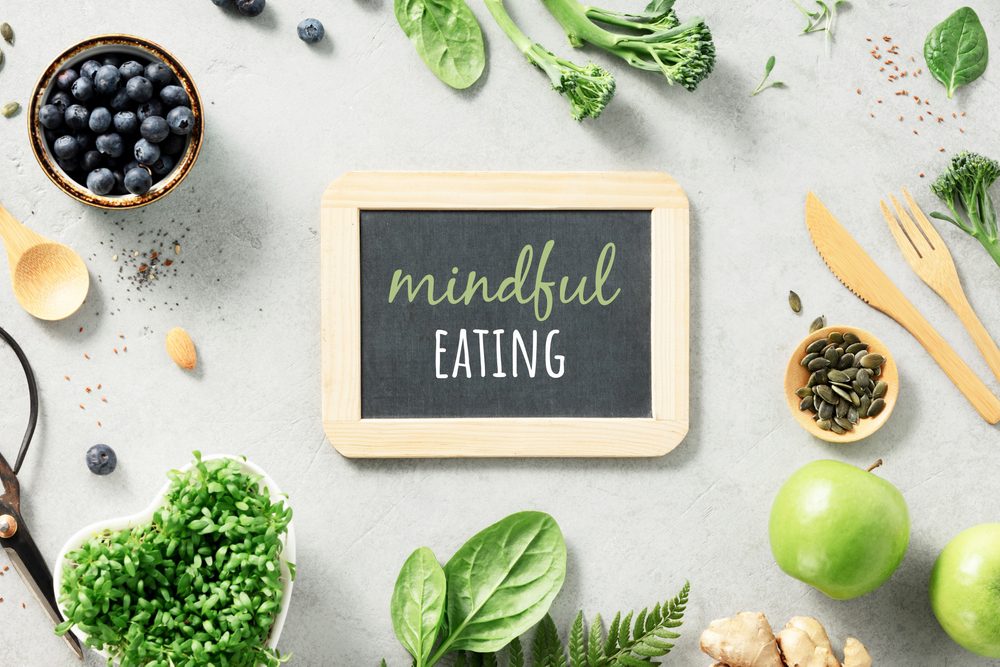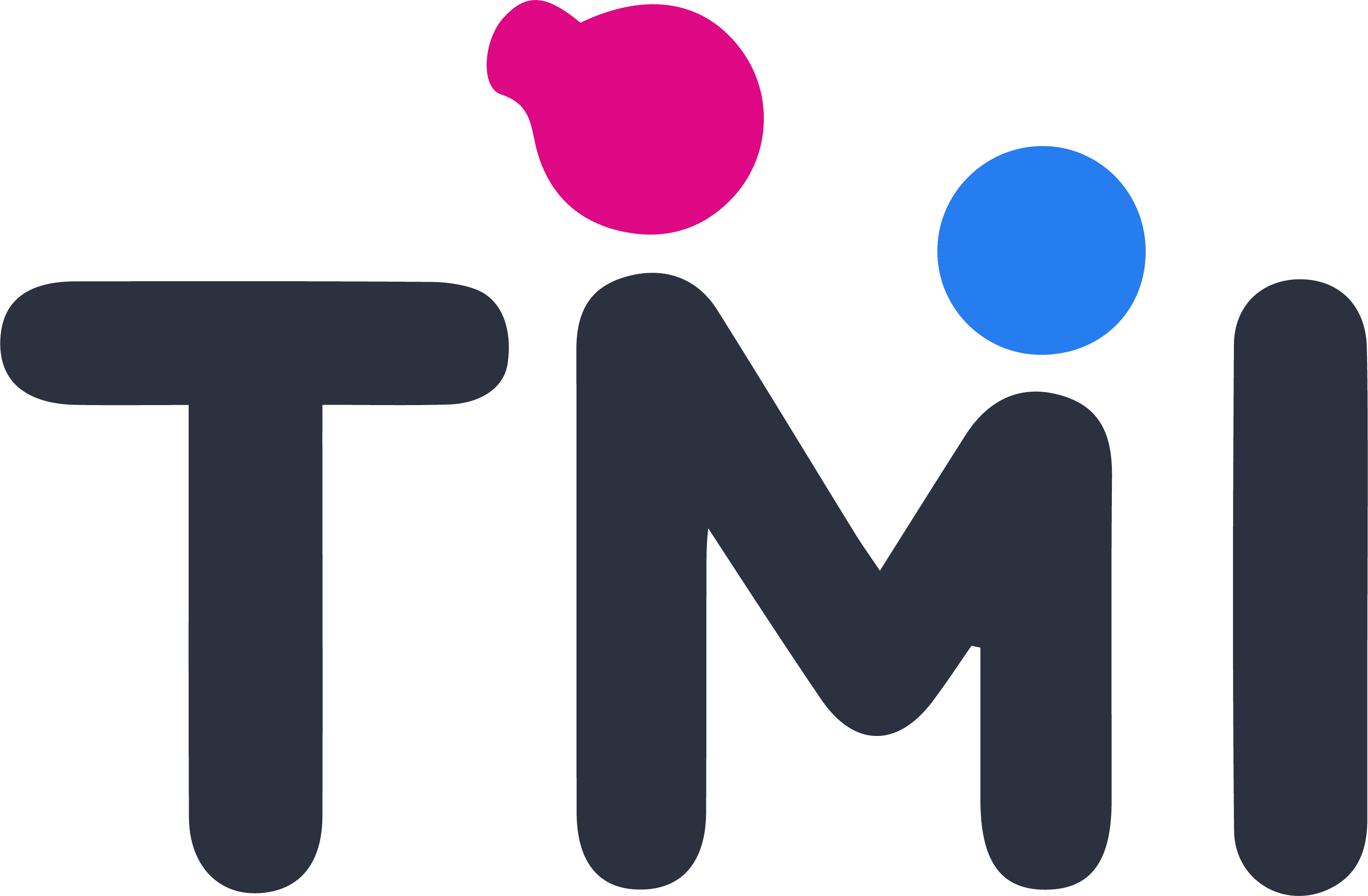The birth of a new life and a significant change in priorities characterize the amazing and life-changing experience that is becoming a mother. Mothers frequently have to navigate a whirlwind of emotions and physical changes, including changes in hormone levels, amidst the joy and excitement of welcoming a newborn. The first few weeks to months following childbirth are known as the postpartum period, and during this time, both the mother and the child must undergo significant adjustment. Hormonal fluctuations during this stage can affect a woman’s overall health and well-being as well as her mood and energy levels and ability to breastfeed. Luckily, food is one of the most effective tools we have at our disposal to support hormonal balance during the postpartum period.
Understanding Postpartum Hormonal Changes: As a woman’s body changes from a pregnant to a post-pregnancy state, the postpartum period is marked by notable hormonal changes. Hormone levels, such as progesterone and estrogen, rise during pregnancy in order to facilitate fetal growth and get the body ready for childbirth. But these hormone levels suddenly plummet after delivery, resulting in a variety of physiological and psychological abnormalities. Particularly during the postpartum phase, estrogen levels fall precipitously, which may exacerbate symptoms like fatigue, irritability, and mood swings. Progesterone levels falling suddenly can also cause symptoms similar to premenstrual syndrome (PMS), such as mood swings and bloating. Certain women may experience postpartum mood disorders like postpartum depression (PPD) or anxiety as a result of these hormone fluctuations.

Nutritional Techniques for Hormonal Balance: Although hormonal swings are a normal aspect of the postpartum phase, moms can help their bodies adjust by taking certain nutritional measures. Adequate nutrition is one of the best strategies to support hormonal balance. Mothers can give their bodies the vital vitamins, minerals, and macronutrients required to support hormonal balance and general well-being by including nutrient-rich foods in their diets. The following are some essential dietary approaches to support hormonal balance following childbirth:
- Make Nutrient-Dense Foods a Priority: It’s critical for moms to concentrate on eating nutrient-dense foods that offer a variety of vitamins, minerals, and antioxidants during the postpartum phase. A postpartum diet should be based primarily on whole grains, lean proteins, fresh fruits and vegetables, and healthy fats. These foods supply the energy and nutrients required for healing and nursing, in addition to promoting hormonal balance.
- Include Omega-3 Fatty Acids: These important fats are critical for maintaining hormonal balance and brain function. Including omega-3-rich foods in your diet, such as walnuts, chia seeds, flaxseeds, and fatty fish (like salmon, mackerel, and sardines), can help maintain mood stability and lower your chance of postpartum depression. Take into account taking a daily fish oil supplement or a meal that incorporates flaxseed.
- Emphasize Complex Carbohydrates: During the postpartum period, complex carbohydrates can help stabilize blood sugar levels and serve as a significant energy source. Choose starchy vegetables like sweet potatoes, squash, and pumpkin along with whole grains like quinoa, brown rice, and barley. These foods can help prevent fatigue and mood swings while offering a consistent source of energy.
- Promote Gut Health: Hormone metabolism and general health are significantly influenced by the gut microbiome. Eating foods high in probiotics, like kefir, sauerkraut, kimchi, and yogurt, can support a balanced hormone level and a healthy gut microbiome. Incorporating prebiotic foods like asparagus, leeks, garlic, and onions can also support digestive health by nourishing good gut bacteria.
- Keep Yourself Hydrated: Enough fluids are necessary for hormone balance and general health. Water consumption throughout the day contributes to the optimal functioning of the body, supporting detoxification and hormone synthesis, among other processes. Try to have eight glasses of water or more a day, and think about including foods high in water content, like citrus fruits, cucumbers, and watermelon, in your diet.
- Incorporate Herbs and Spices for Hormone Balancing: Traditionally, a number of herbs and spices have been used to promote hormonal balance and general health. Herbs like holy basil, ginger, turmeric, and cinnamon not only enhance flavor but also have anti-inflammatory and hormone-regulating properties. For an additional dose of hormonal support, try making herbal teas or incorporating fresh herbs and spices into stews, stir-fries, and soups.
- Practice Mindful Eating: Mindful eating can assist moms in developing a stronger connection with their bodies and a better understanding of their bodies’ signals of hunger and fullness, in addition to emphasizing nutrient-rich foods. In addition to supporting hormonal balance, eating slowly, enjoying each bite, and noticing how different foods make you feel can all help to foster a healthy relationship with food.

Conclusion
In conclusion, new mothers undergo significant physical and emotional transformation and adjustment during the postpartum phase. During this transitional period, mothers can support hormonal balance and overall well-being by emphasizing proper nutrition and including nutrient-dense foods in their diets. Mothers can face the challenges of the postpartum period with more ease and resilience if they follow certain dietary guidelines, such as consuming foods high in probiotics, complex carbohydrates, and hormone-balancing herbs. Mothers can set themselves up for optimal health and well-being as they begin the fulfilling journey of motherhood by providing their bodies with the right foods.


